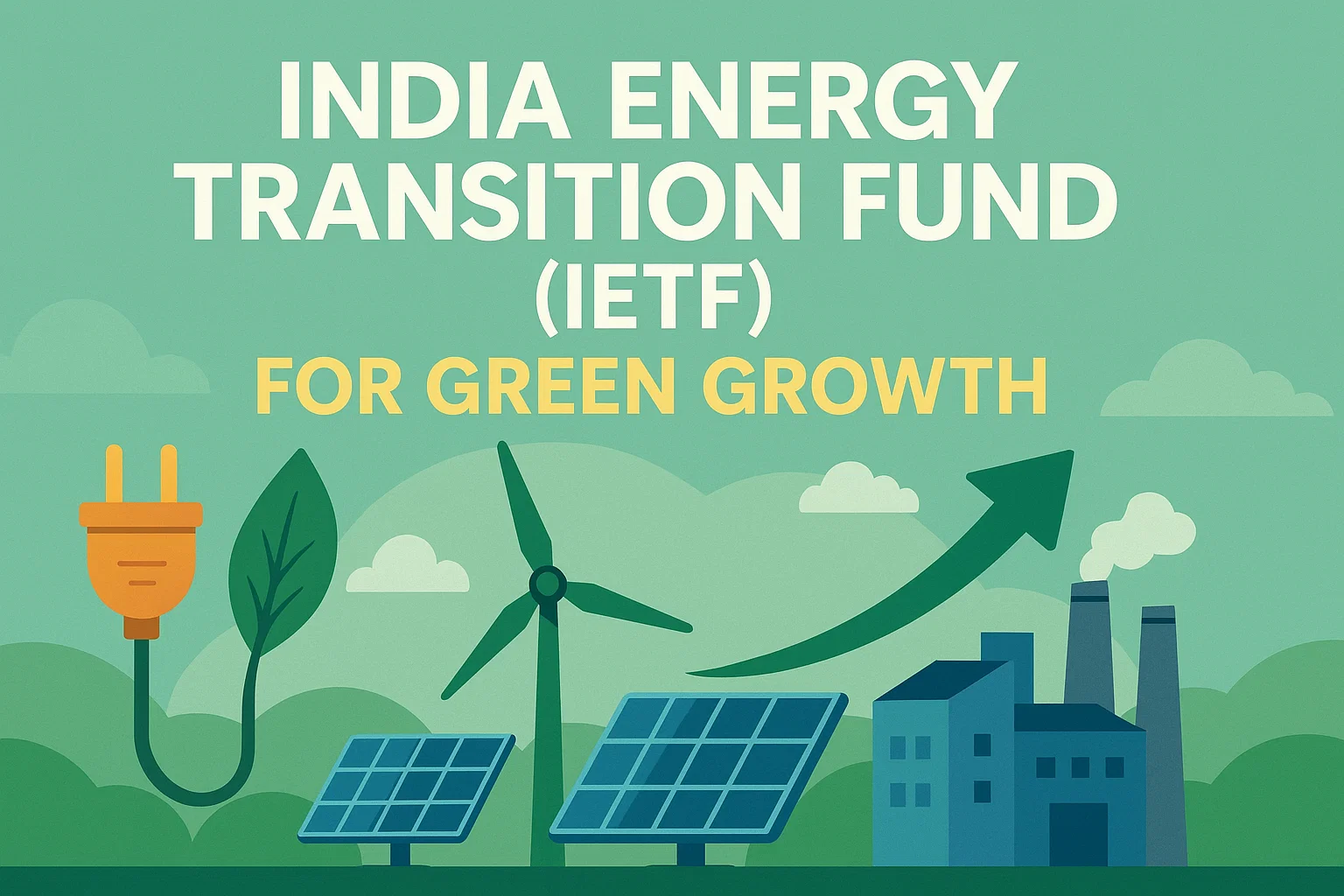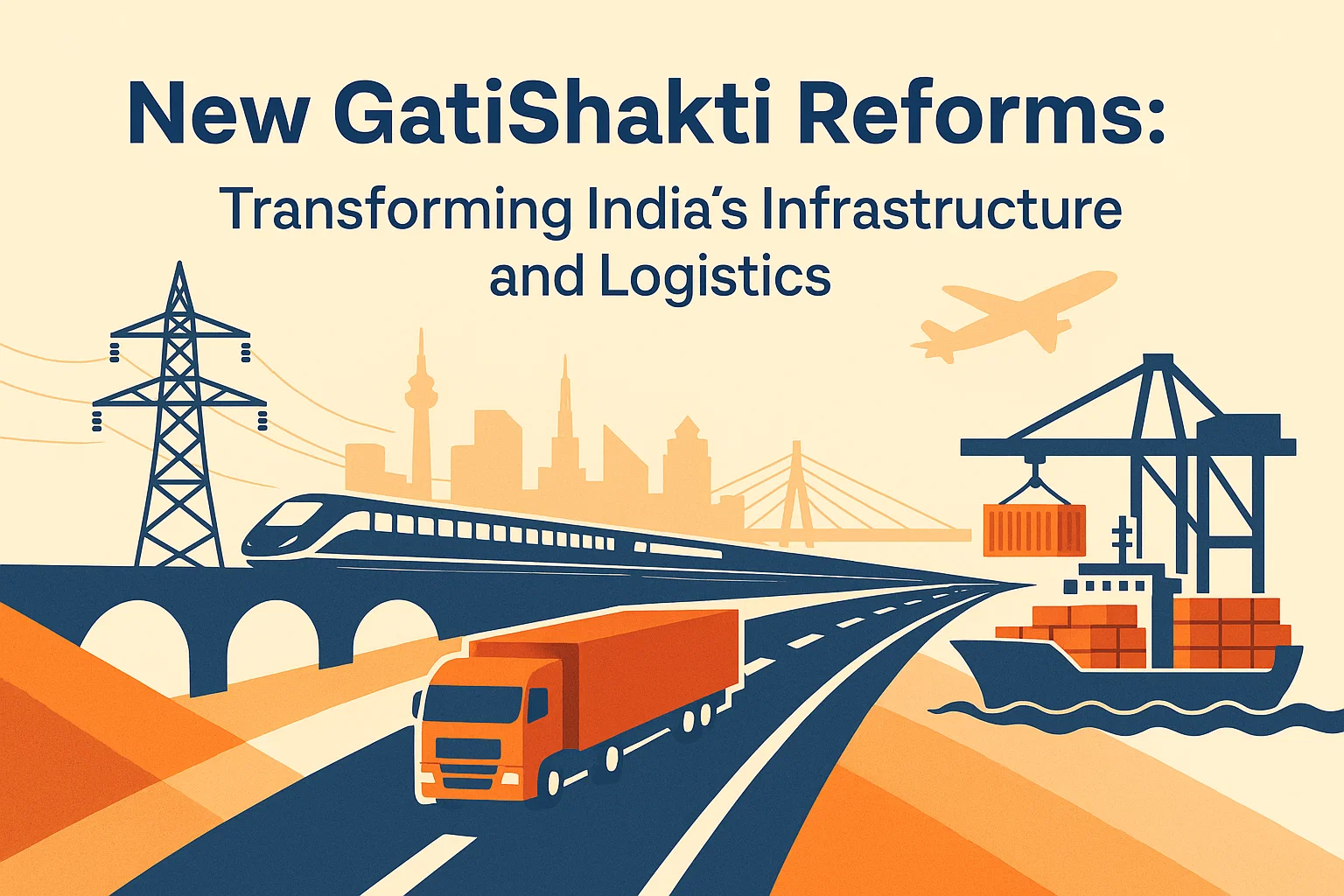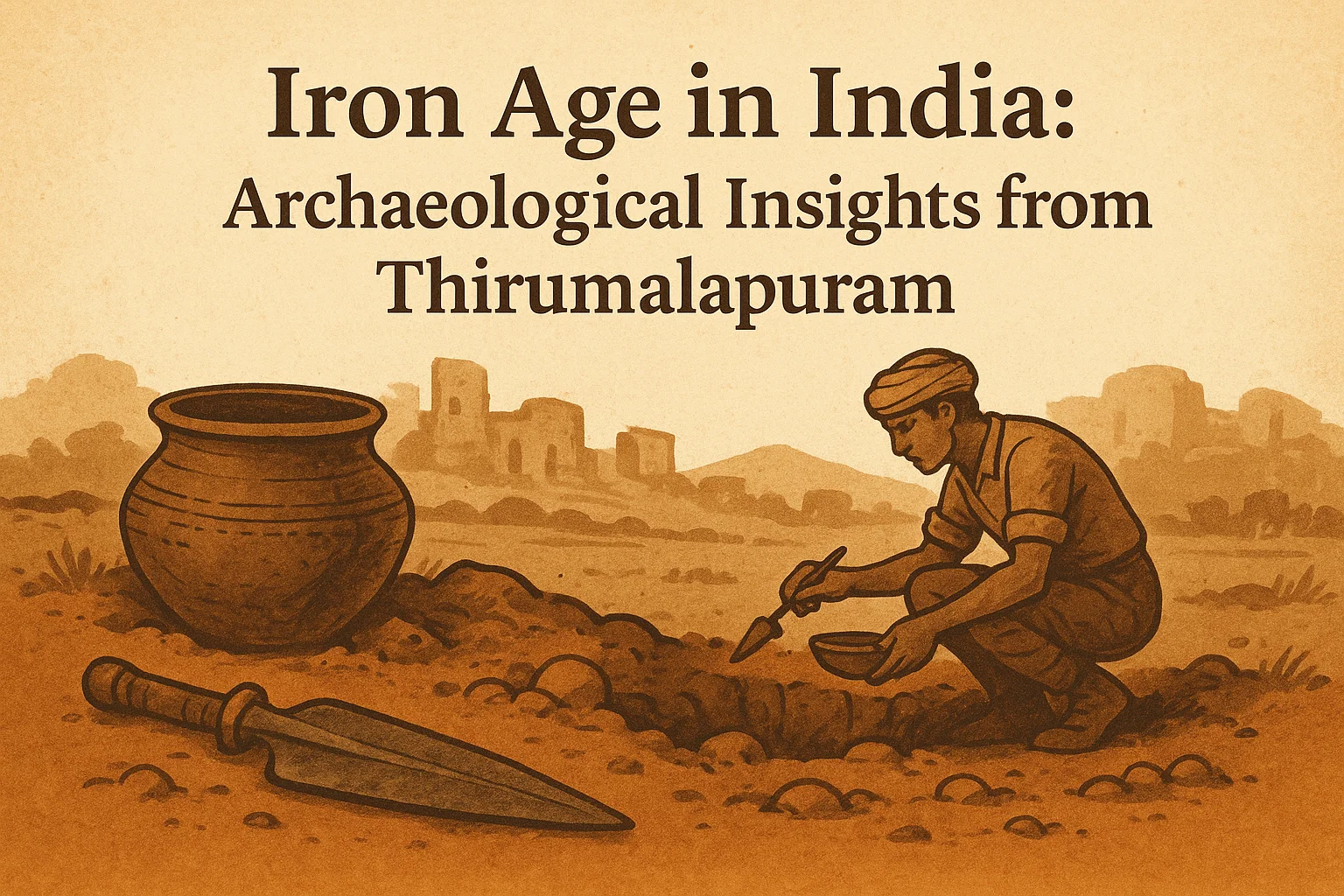Font size:
Print
World Economic Forum Annual Meeting
Context:
The World Economic Forum Annual Meeting in Davos, from January 20 to 24, 2025, unites global leaders to address key socio-economic challenges and foster inclusive growth.
Indian Delegation at WEF 2025
- Union Minister Ashwini Vaishnaw is leading India’s delegation this year, which includes the Chief Ministers of Maharashtra, Telangana and Andhra Pradesh.
- Speaking ahead of the event, Vaishnaw emphasised that discussions would centre around inclusive growth, investments in infrastructure—spanning social, physical, and digital domains—and democratising technology.
Origins of the WEF
- The World Economic Forum was founded in 1971 by German professor Klaus Schwab.
- Schwab, who held a Master of Public Administration degree from Harvard University’s John F. Kennedy School of Government, served as a professor of business policy at the University of Geneva from 1972 to 2003.
- Under his leadership, the WEF evolved into a unique platform for leaders to collaborate on addressing global challenges.
- Originally known as the European Management Forum, the WEF introduced the concept of “stakeholder capitalism,” which emphasises that companies should prioritise long-term value creation for all stakeholders—not just shareholders.
- Schwab’s philosophy reflects a commitment to serving employees, suppliers, and the broader community, in addition to generating profits.
What Happens at the WEF Annual Meeting?
- The WEF Annual Meeting, hosted in Davos, gathers approximately 3,000 participants, including business executives, political leaders, economists, celebrities, and journalists.
- Over five days, attendees engage in discussions across 500 sessions on topics ranging from economic development to technological innovation and climate change.
- Initially, the forum focused on helping European companies adopt U.S. management practices.
- However, in 1973, global events such as the collapse of the Bretton Woods system and the Arab-Israeli War expanded its agenda to include broader economic and social issues.
- By 1975, the WEF introduced membership for the world’s top 1,000 companies and later became the first non-governmental organisation to partner with China’s economic development commissions in 1979.
Diplomatic and Strategic Milestones at WEF
- Notable examples include the first ministerial-level meeting between North and South Korea, as well as talks on German reunification between East German Prime Minister Hans Modrow and German Chancellor Helmut Kohl.
- In 1992, South African leaders F.W. de Klerk, Nelson Mandela, and Mangosuthu Buthelezi made their first joint appearance outside South Africa at the WEF, marking a significant step in the country’s political transition.
- Similarly, the forum played a key role in conceptualising the G20, which began as a meeting of finance ministers in 1998 and later evolved into a summit to address global economic challenges, particularly during the 2008 financial crisis.
Funding and the Choice of Davos
- The WEF is funded primarily by its corporate partners, which include global enterprises with annual turnovers exceeding $5 billion.
- Davos, known for its serene Alpine setting, was popularised as a place for reflection and recovery in Thomas Mann’s novel The Magic Mountain.
- The tranquil environment allows participants to focus on the forum’s mission of fostering global prosperity.
WEF’s Broader Contributions
- In addition to facilitating high-level discussions, the WEF regularly publishes global indices, such as the Global Competitiveness Report and the Global Gender Gap Report.
- These rankings provide valuable insights into economic performance, gender equality, and other critical areas, helping policymakers and businesses identify opportunities for improvement.
As the WEF Annual Meeting 2025 unfolds, it continues to serve as a platform for dialogue, collaboration, and action to address the most pressing challenges of our time, shaping a more inclusive and sustainable future.


